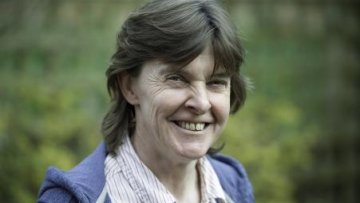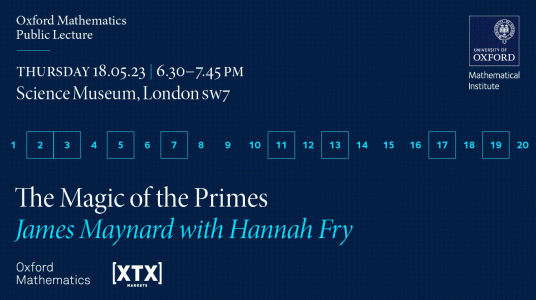16:00
The modular approach for solving $x^r+y^r=z^p$ over totally real number fields
Abstract
We will first introduce the modular method for solving Diophantine Equations, famously used to
prove the Fermat Last Theorem. Then, we will see how to generalize it for a totally real number field $K$ and
a Fermat-type equation $Aa^p+Bb^q=Cc^r$ over $K$. We call the triple of exponents $(p,q,r)$ the
signature of the equation. We will see various results concerning the solutions to the Fermat equation with
signatures $(r,r,p)$ (fixed $r$). This will involve image of inertia comparison and the study of certain
$S$-unit equations over $K$. If time permits, we will discuss briefly how to attack the very similar family
of signatures $(p,p,2)$ and $(p,p,3)$.



